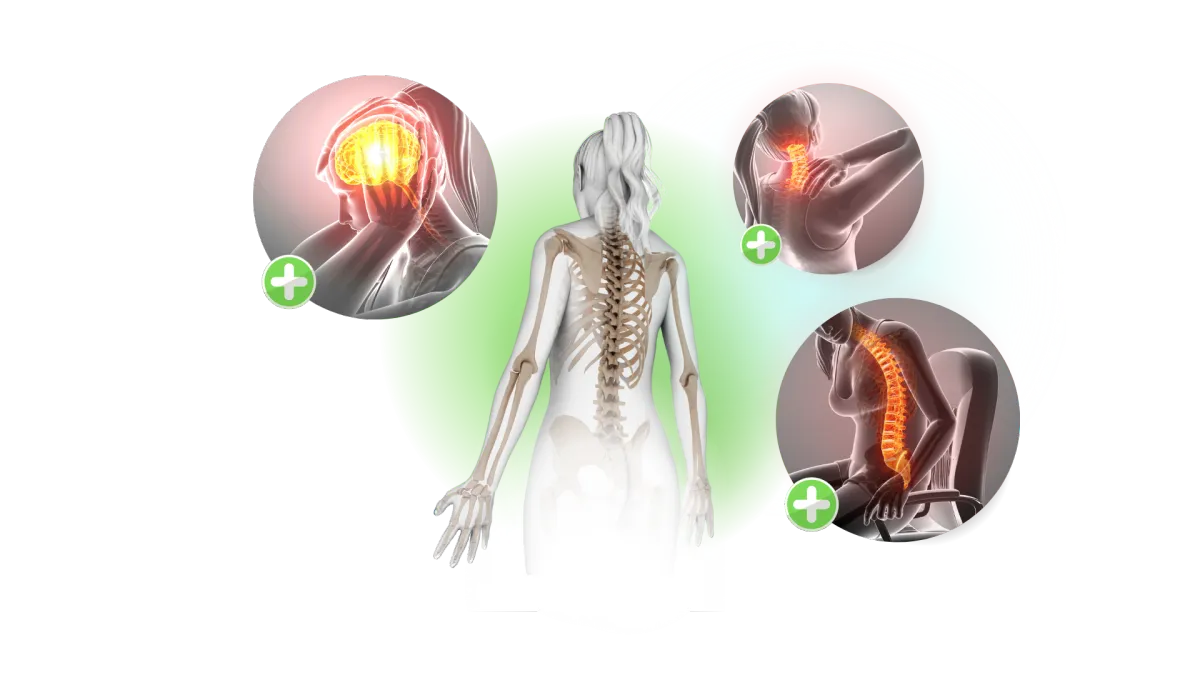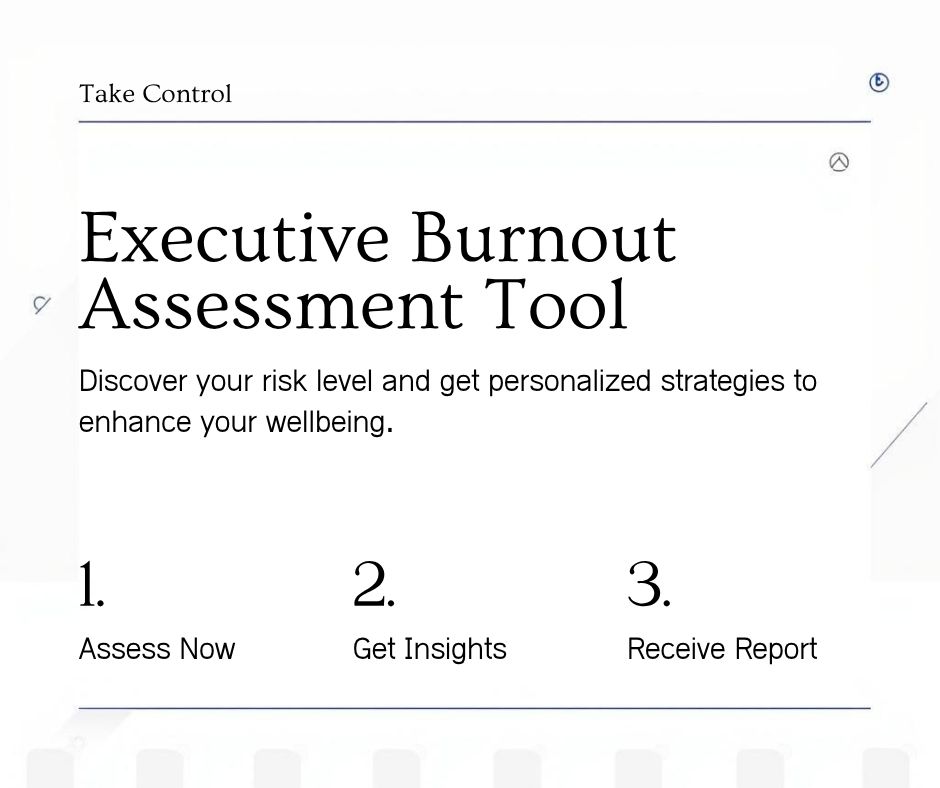Gentle Chiropractic Care in Penrith | Helping You Move Better and Feel More Confident
We help people with persistent back or neck pain move more freely, regain confidence, and get back to doing the things they love — gently, safely, and without forceful “cracking.”
About Your Penrith Chiropractor
At Your Spinal Health in Penrith, we specialise in gentle, low-force chiropractic care.
Our aim is simple: reduce pain, improve movement, and support your body’s natural healing.
Most people follow a short, structured plan over around 12 weeks and notice steady progress.
Everyone’s different, and results always vary — that’s why your care starts with a personalised Spinal Health Assessment.
Peter Bennett – Chiropractor
Registered with the General Chiropractic Council (Reg No: 01124)
Member of the United Chiropractic Association
Your Spinal Health
Registered chiropractic care in Penrith, Cumbria
5 Poets Walk, Penrith CA11 7HJ · 01768 899 036
Your Trusted Spinal Health Experts
At Your Spinal Health, we are passionate about helping you achieve your best health and well-being. We have been serving our community for over 20 years with a commitment to providing the highest quality care.
Combining natural hands-on treatment with our week-on-week progressive system to help symptoms like back pain, neck pain and headaches.

Start NOW. Just 1-click away
We help people feel safer and more confident moving again.
Save On Your Treatment Costs
Each visit is £50.
Save if you choose to pre pay.

Start NOW. Just 1-click away
Our clients tell us they can do more of what they enjoy once their pain is under control. Everyone’s different, and results vary.
Peter Bennett, Chiropractor – Registered with the General Chiropractic Council (Reg. No: 01124)
I'm Peter Bennett!
Hello, I’m Peter Bennett, a chiropractor based in Penrith, Cumbria.
I’ve spent more than 25 years helping people reduce pain, move better, and get more life back into their years.
My approach is gentle — no cracking, no heavy-handed adjustments — just safe, effective techniques that work with your body instead of against it.
Over the years, I’ve learned that the human body is incredibly good at trying to heal itself. My job is simply to understand what it’s trying to do and give it the right support.
People come to see me for all sorts of reasons — stiff backs after gardening, neck pain from long hours at a desk, or just feeling less steady than they used to.
Whatever brings you in, my goal is the same: to help you move more easily and feel more confident doing the things you love.
I believe great healthcare starts with kindness, clear explanations, and respect for each person’s pace. You’ll never be rushed or pressured here — just guided gently toward better movement and lasting results.
When I’m not in clinic, I’m usually outdoors walking in the fells, writing about longevity science, or creating online programs that help people stay active and independent later in life.

Why I Do This
When I first started in chiropractic, I thought the job was all about fixing spines.
But over the years, I’ve realised it’s really about helping people trust their bodies again.
I’ve seen how back pain can slowly chip away at someone’s confidence — the way they move, work, even how they laugh. One day it’s just a niggle, and before long it’s changed how they live. Helping someone turn that around, gently and safely, is still the best part of my week.
I’ve always believed the body isn’t broken — it’s doing its best to protect you. My role is to understand what it’s trying to do and guide it back toward balance. That might mean easing tension in the spine, retraining movement, or simply helping you breathe a little easier.
What keeps me going is seeing people realise they can do more than they thought — walking the fells again, picking up grandchildren, or just waking up without that constant stiffness.
It’s those moments that remind me why I chose this path all those years ago.
My aim has never been just to treat backs — it’s to help people move freely, live fully, and enjoy their years with confidence.
FAQS
What conditions can we help with?
Spinal health care can help a wide range of conditions, including back and neck pain, headaches, sciatica, joint pain, and even issues related to posture. It's not just about addressing the symptoms; it's about improving your overall health and well-being by improving the health of your spine and nervous system. If you have specific concerns or questions about your condition, please don't hesitate to ask for a consultation to discuss how spinal health care can benefit you.
Is spinal health care safe, and are the adjustments painful?
Spinal health care is generally considered safe when performed by trained professionals. The adjustments are typically not painful; in fact, many clients report feeling relief and improved mobility after an adjustment. Our therapists are highly skilled and will use gentle techniques tailored to your individual needs. Your comfort and safety are our top priorities, and we will explain every step of the process to ensure you feel at ease during your sessions.
How many visits will I need to see results?
The number of sessions you'll need depends on various factors, including the nature and severity of your condition, your overall health, and your treatment goals. Some clients experience relief after just a few sessions, while others may require more ongoing care. During your initial Spinal Health Assessment, we will assess your specific situation and provide a personalised treatment plan. Our goal is to provide efficient and effective care, so you can return to a pain-free and healthy lifestyle as soon as possible.
When should I see my doctor instead of a chiropractor?
Most back or neck problems are mechanical and respond well to gentle chiropractic care.
See your GP or call NHS 111 if you have fever, weight loss, cancer history, night sweats, recent trauma, numbness in the saddle area, bladder or bowel changes, severe unrelenting pain, or sudden weakness.
Call 999 immediately if you notice stroke signs —
Face drooping, Arm weakness, Speech changes, Time to call 999 (FAST) — or sudden dizziness, vision loss, or a severe new headache.
If you’re unsure, call us — we’ll help you decide the safest next step.
Latest Articles on Spinal Health

10 Executive Burnout Symptoms You Shouldn’t Ignore (And How to Spot Them Early)
Because thriving in leadership shouldn’t cost your health.
Executive life has a rhythm of its own. Decisions, deadlines, responsibility, pressure — it all builds, layer after layer, until one day the body and brain start to send signals that something isn’t right. And like any finely tuned system, those signals aren’t random. They’re warnings that your internal balance — your own version of homeostasis — is struggling to keep up.
Here are ten signs of executive burnout that are easy to dismiss but impossible to ignore if you want long-term health, clarity, and performance.
1. Your energy drops long before your day does
If you start strong but fade fast, it’s a sign your nervous system is running in a constant “alert” mode. Over time, this drains your ability to produce steady, reliable energy.
2. Your sleep looks fine on paper, but you still wake up tired
Executives often get hours of sleep but very little rest. When stress hormones stay elevated at night, you wake up as if you’ve done a full day’s work before breakfast.
3. Your patience is wearing thin
Snapping, irritation, overreacting — these are all signs of an overloaded feedback loop between your body and brain. When stress builds, emotional regulation drops.
4. Your focus feels fuzzy
Brain fog in high performers usually isn’t about intelligence — it’s about bandwidth. Chronic stress narrows your attention, making everything feel slightly uphill.
5. You’re relying on “boosters” to get through the day
Coffee, energy drinks, sugar, quick dopamine hits — if your day feels stitched together by stimulants, your system is compensating for something deeper.
6. You can’t switch off — even when you want to
Whether you're checking emails at 10pm or mentally rehearsing tomorrow’s problems in the shower, your mind is stuck in “go” mode. Constant vigilance is a classic burnout marker.
7. Your workouts feel harder than they should
Fitness shouldn’t suddenly feel like wading through treacle. When recovery is impaired, muscles tighten, joints stiffen, and progress stalls.
8. You’re withdrawing without noticing
You stop socialising. You stop reaching out. You stop making plans. It’s your nervous system protecting what little capacity you have left.
9. You’re not enjoying the things you normally love
This is one of the most important signs. When your pleasure system flattens, it’s a sign your body is prioritising survival over joy.
10. You feel like you're “running on fumes” more days than not
The human body is built to handle stress — but not endless, unrelenting stress. When you’re constantly pushing through fatigue, you’re operating on emergency power.
Why these signs matter
Burnout rarely arrives all at once. It creeps in gradually, tightening its grip month after month until something forces change — illness, overwhelm, or a sudden breakdown in wellbeing.
But it doesn’t need to get that far.
When you catch the signs early, the path back is faster, smoother, and far more effective.
Ready to check your burnout risk?
Most executives vastly underestimate how stressed they truly are — until they see the data spelled out.
👉 Take our free Burnout Assessment now
It takes just a few minutes and could change the next decade of your life.

Email [email protected]
Your Spinal Health – Chiropractic Care in Penrith, Cumbria
Peter Bennett – Chiropractor (Reg. No: 01124)
Registered with the General Chiropractic Council and Member of the United Chiropractic Association.
This website provides general information only and is not a substitute for personal professional advice. Results vary between individuals.
If you experience severe or worsening symptoms — especially weakness, numbness, or bladder/bowel changes — seek urgent medical attention.
